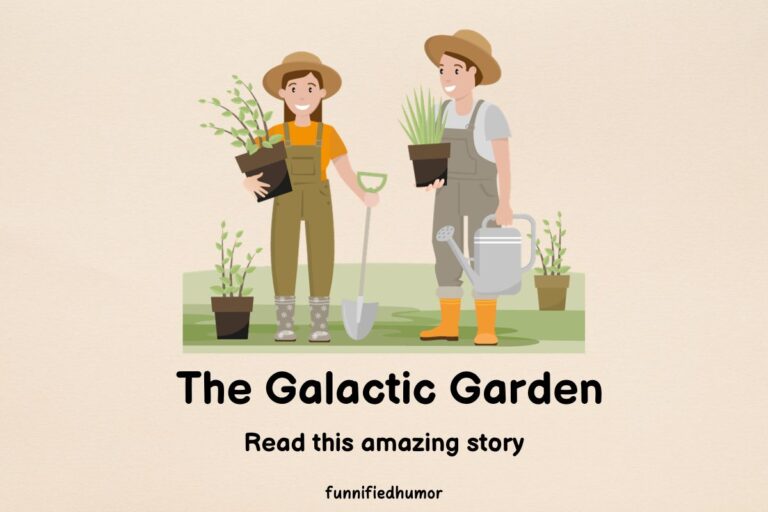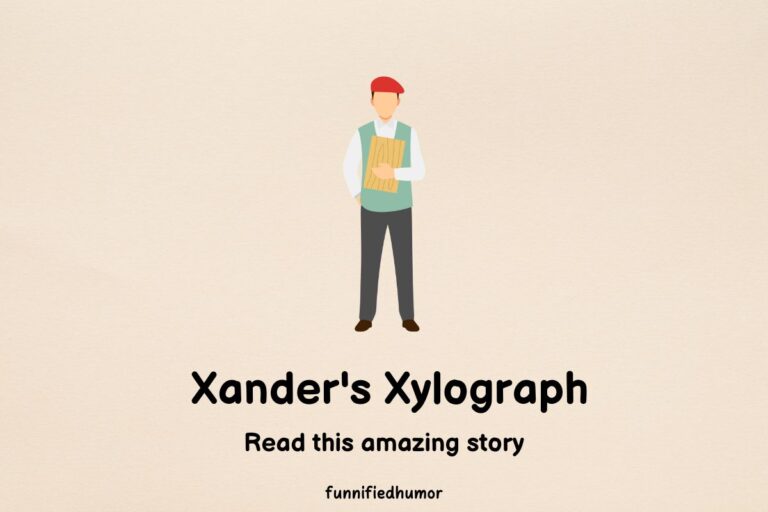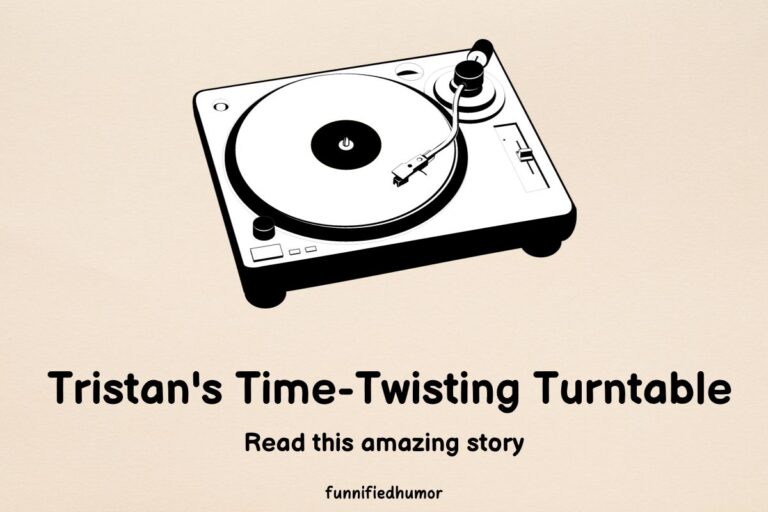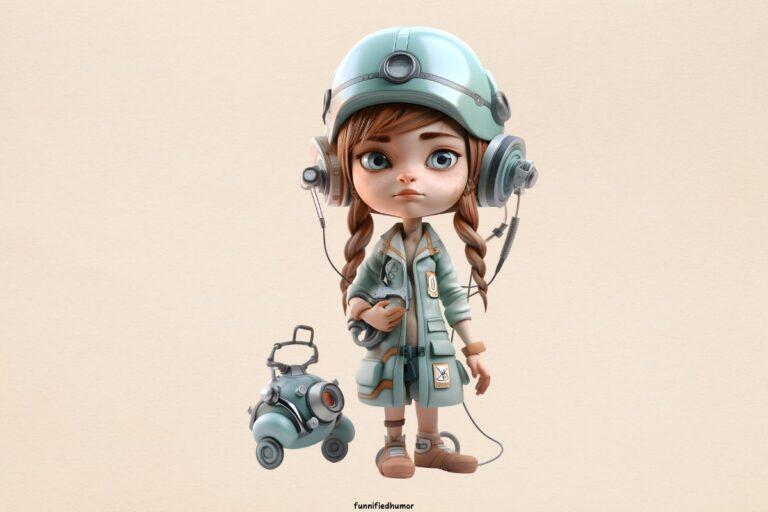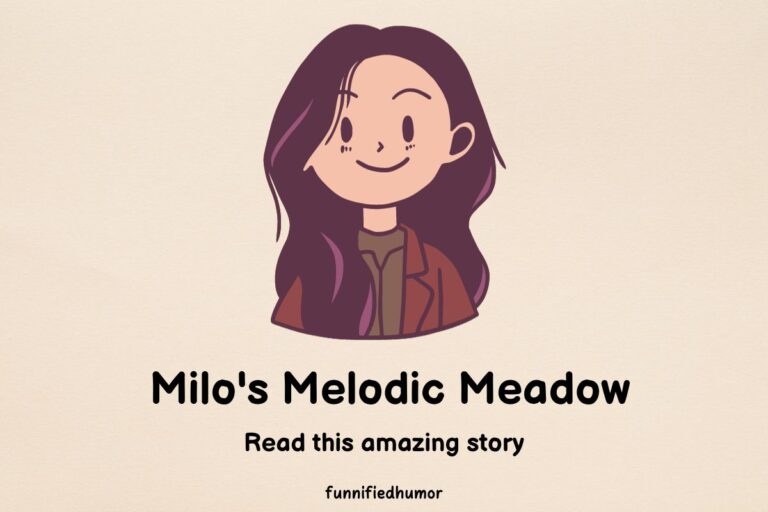Tobias and the Tidal Treasures

Tobias, a young man with a deep fascination for history and the sea, lived in a quaint, weather-beaten house by the shore. Each day, as the high tide receded, it left behind an assortment of strange and wondrous artifacts on the sandy beach outside his home. These were not ordinary sea-shells or driftwood but relics from worlds long submerged and civilizations forgotten by time.
One stormy evening, as the sea roared louder than ever, Tobias discovered an ornate, barnacle-encrusted amphora half-buried in the sand. “Another gift from the sea,” he murmured, his eyes sparkling with curiosity.
As Tobias cleaned the amphora, he heard faint whispers, like distant echoes of ancient conversations. He shook his head, thinking the storm outside was playing tricks on his mind.
The next morning, under the bright sun, Tobias examined the amphora closely. Its intricate designs depicted a sunken city, grand and majestic. Intrigued, he reached out to Professor Alden, a local archaeologist, and showed him the relic.
“Ah, this resembles the legendary city of Thalassia,” Professor Alden exclaimed, his eyes wide with excitement. “A city said to have been swallowed by the sea thousands of years ago!”
Tobias listened, enraptured, as the professor narrated the tale of Thalassia – a city of unparalleled beauty and advanced knowledge, lost to a cataclysmic event.
“Every artifact has a story, Tobias,” the professor said, “and this one speaks of a civilization that lived in harmony with the sea, only to be consumed by it.”
Days turned into weeks, and the sea kept offering Tobias its hidden treasures. One afternoon, he found a peculiar compass, its needle spinning wildly, never settling in any direction.
Holding the compass, Tobias felt a strange sense of longing and loss. He imagined sailors navigating uncharted waters, relying on such instruments, only to be lost to the whims of the ocean.
“This compass,” Tobias thought, “might have guided explorers to new worlds or led them astray into realms unknown.”
The mystery of the compass consumed Tobias, leading him to delve into the history of exploration and the brave, often reckless, voyages of ancient mariners.
One artifact, however, stood out from the rest – an hourglass with sand that seemed to flow endlessly. As Tobias turned the hourglass, he felt as if he were glimpsing into different eras, each grain of sand a moment from a bygone age.
“This isn’t just sand; it’s like time captured within glass,” Tobias mused, lost in thought.
He pondered over the civilizations that rose and fell, the empires that ruled and crumbled, all while the sands of time kept flowing, indifferent to the triumphs and tribulations of mankind.
As Tobias unraveled the stories of each artifact, he realized that the sea was not just a vast body of water; it was a keeper of histories, a witness to the rise and fall of ages. The sea, with its ever-changing nature, was both a creator and a destroyer.
One evening, as Tobias sat gazing at the horizon, Professor Alden joined him. “You’ve become quite the historian yourself, Tobias,” he said, his voice tinged with pride.
Tobias smiled. “I’ve learned that every high tide is like a page from history, washing ashore tales of worlds we can only imagine.”
The sea’s final gift to Tobias was the most mysterious of all – a small, intricately carved box, locked and without any key.
For days, Tobias pondered over the box, its origins, and what secrets it might hold. It became a symbol of the unknown, of the mysteries that lay beneath the waves, untold and undiscovered.
Finally, he realized that not all mysteries were meant to be solved. Some, like this box, were to be treasured for their enigma, for the stories they inspired, and for the history they represented.
Years passed, and Tobias became known as the guardian of sea’s secrets, a learned man who shared the tales of the artifacts with anyone who would listen.
His home turned into a small museum, a testament to the history that the sea had entrusted him with. Visitors from far and wide came to see the amphora, the compass, the hourglass, and the countless other relics that high tide had brought to Tobias’s doorstep.
As he stood one day, looking out at the sea, Tobias realized that he was much like the artifacts he cherished – a product of the stories he had lived and the histories he had learned. The sea had not just given him relics; it had given him a legacy, a purpose woven through the tides of time.
And so, the waves continued to whisper their ancient secrets, and Tobias continued to listen, forever a student of the sea’s endless mysteries.
